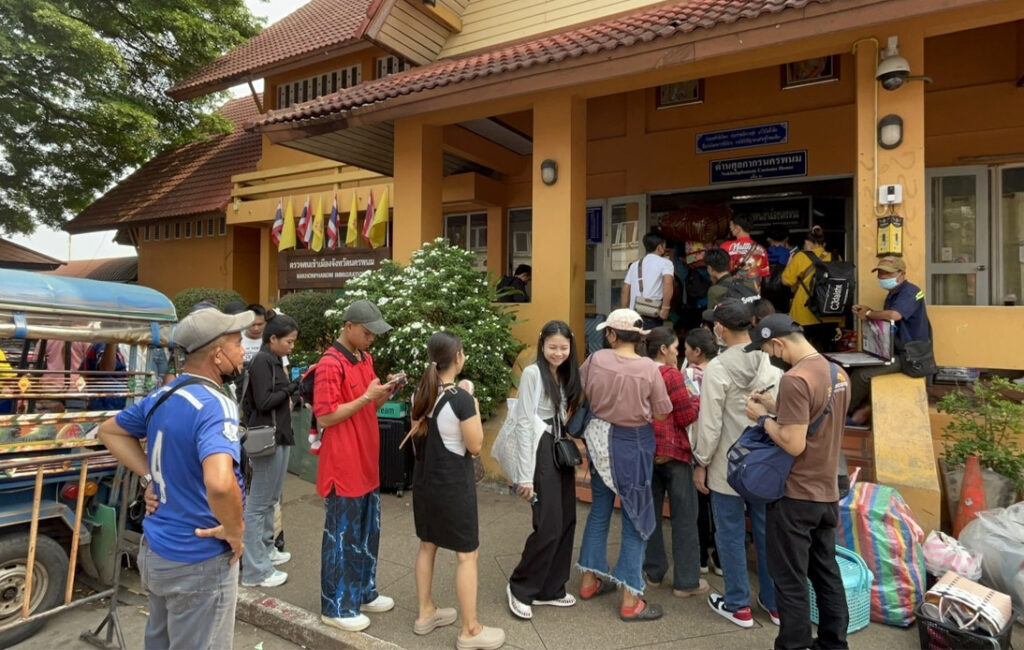
Indonesia’s tourism minister said on Tuesday that the government will only open Bali to foreign tourists once the large number of Covid-19 cases in the country goes down considerably.
He did however reveal that digital nomads will soon be able to apply for special 5-year visas to run their internet-based businesses, with no tax to pay on any foreign-sourced income.
The date for the launch of the digital nomad visa scheme has yet to be confirmed, but it has been given the green light, and exact details will be announced shortly.
Bali, the Indonesian island widely known for its spectacular blue beaches and vibrant nightlife, relies heavily on tourism.
For decades, it has attracted tens of thousands of visitors, keen to discover its distinctive Hindu culture and stunning landscapes.
However, Bali’s economy has been left devastated by the coronavirus pandemic and the health crisis that it has left in its wake.
Indonesia’s Minister for Tourism and the Cultural Economy, Sandiaga Uno, outlined the island’s reopening plans to reporters on Tuesday.
“We were targeting end of July, beginning of August, but we just have to be mindful of where we are in this recent spike (in coronavirus cases). We will be waiting for the situation to be more conducive,” Uno revealed.
According to official data, the country has seen increasing Covid-19 cases in recent weeks across many areas, including Bali, where they have increased fourfold since May, reaching 200 transmissions per day.
However, those numbers may be below the true extent of infections with the coronavirus testing rates in Bali known to have been low, standing at the minimum 15% recommended by the World Health Organization.
Therefore, authorities would like to see daily coronavirus infections in Bali dropping to 30 or 40 per day, before allowing its reopening to tourists.
The Indonesian government has prioritized Bali within its vaccine administration plan.
Uno said the efforts were paying off initially, with most people infected with Covid-19 displaying only mild symptoms.
Furthermore, the infection rate was below 50% in Bali, although the bed occupancy rate was approaching 100% in many parts of the densely populated, neighboring island of Java.
To date, reports suggest that around 71% of the Balinese population have received their first doses of a Covid-19 vaccine.
That means that the goal of fully vaccinating 70% of their population could be reached by the end of July, Uno explained.
Meanwhile, domestic travelers who want to enter Bali will have to undergo a PCR test before entering in order to isolate the island from the coronavirus pandemic.
Bali will also focus its tourism efforts on attracting digital nomads: international entrepreneurs who operate Internet-based businesses, from anywhere.
The government will grant five-year visas under the proposed scheme. “If they earn income within Indonesia they will be taxed but if it’s solely from overseas there will be zero tax,” Uno explained.
Bali has long been a dream destination for digital nomads longing to escape the 9-to-5 working routines of offices in the Western world. Their work can be done remotely, meaning that they are location-independent and free to travel the world, as long as they are connected to the Internet for business-purposes.
The number of digital nomads has exploded in recent years, with nearby Thailand attracting large numbers of them. The government there has spoken many times about the launching of special visas for those foreigners carrying out remote work, but proposals have never materialized.
Thailand’s loss, in economic terms, may well be Indonesia’s, and specifically Bali’s gain.




















